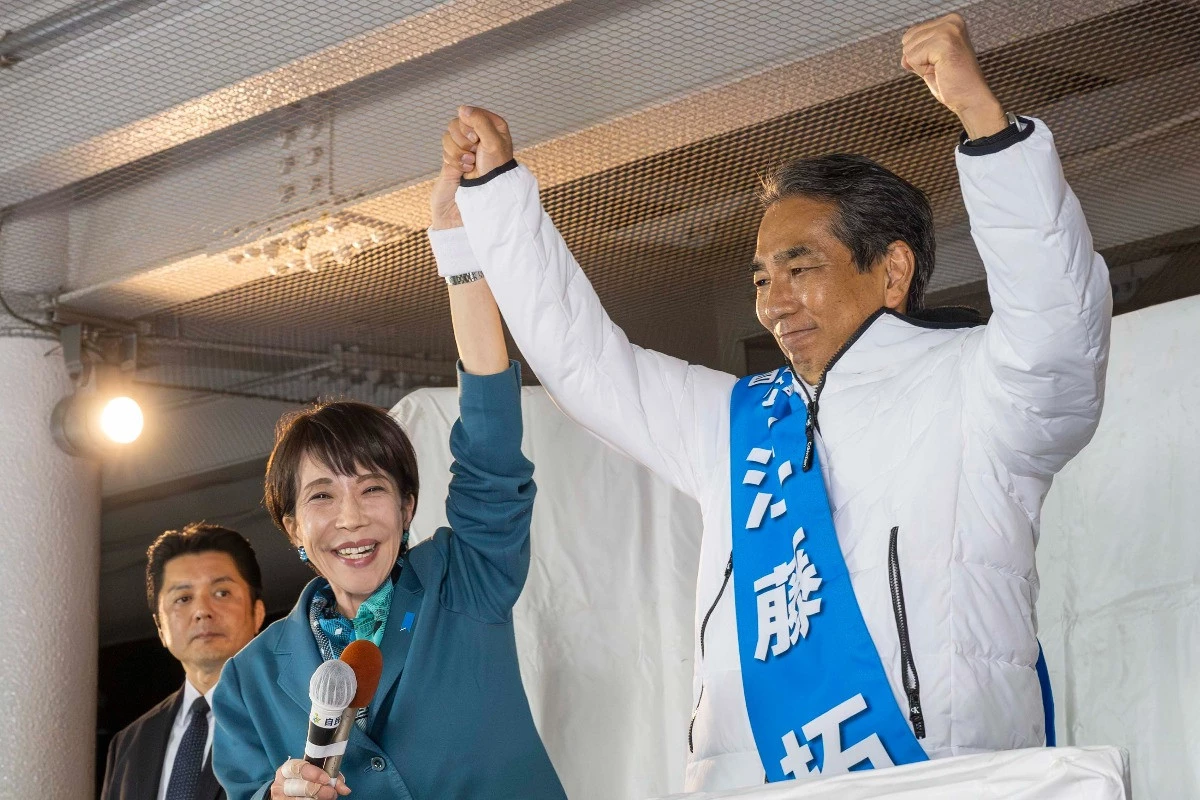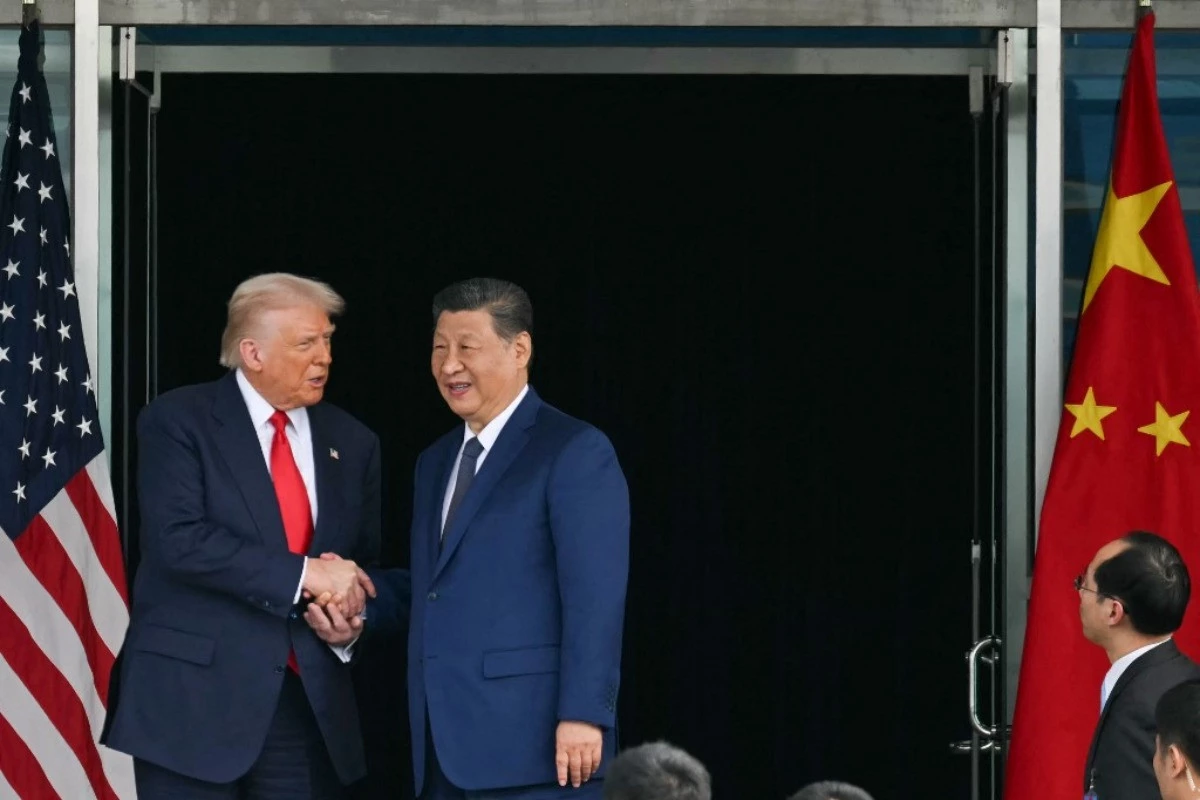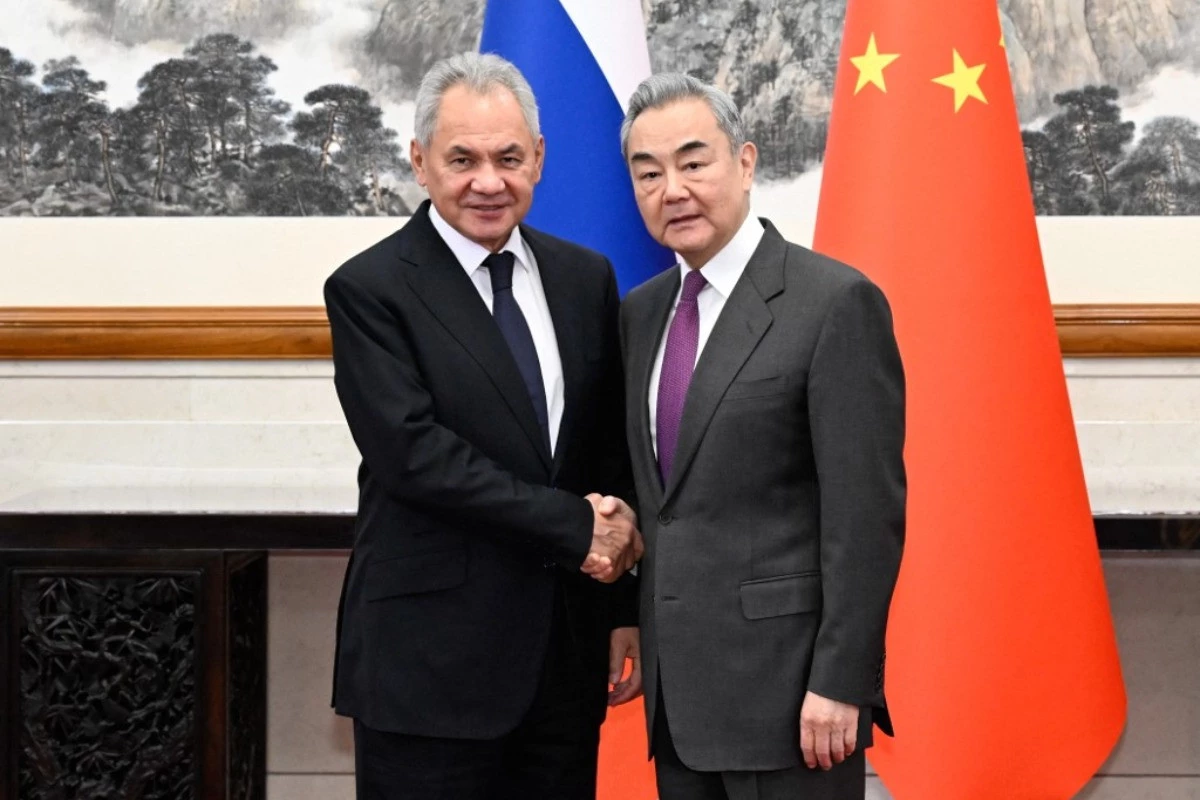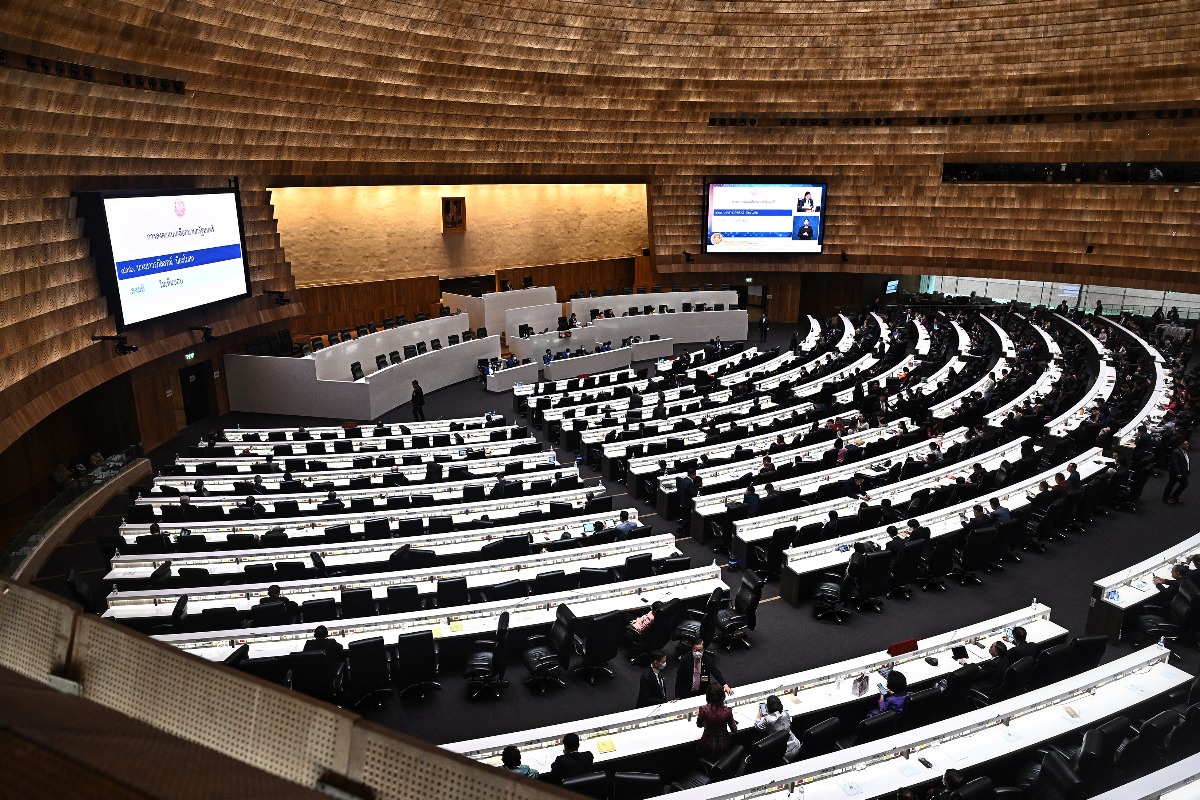The military introduced an appointed Senate when it changed the constitution in the wake of a 2014 coup, hand-picking its own lawmakers who ensured junta leader Prayuth Chan-ocha became prime minister after parliamentary elections resumed in 2019, Reuters reported.
The current Senate's term ends in May and the reduction in the powers of the chamber by 2024 had been written into the constitution.
The 200 new senators will now be selected via a complex process that involves groups of professionals from different sectors, but those chosen will have no say in deciding who forms a government.
The Senate came under heavy criticism for its role in thwarting the hugely popular Move Forward, which won the 2023 election on a progressive agenda that included tackling business monopolies and amending a strict law that insulates the powerful monarchy from criticism.
After months of deadlock, the senators and proxy parties of the army backed the second-placed Pheu Thai party to form a government, in an almost unthinkable alliance between the royalist military and a party twice toppled from power in coups.
Move Forward is now the opposition and biggest party in parliament, but is facing dissolution by a court over its bid to change the royal insults law.
The complex selection process for senators will now involve 20 groups from industries that include the legal, agriculture and media sectors to shortlist candidates who will compete on a provincial level.
Those groups will again vote to decide the 200 new senators, but ordinary constituents have no say in the process, unlike parliamentary elections.
The new upper house, to be formed by July, will be able to scrutinise laws and appoint members of independent organisations, but the elected lower house will have the final say on legislation.



